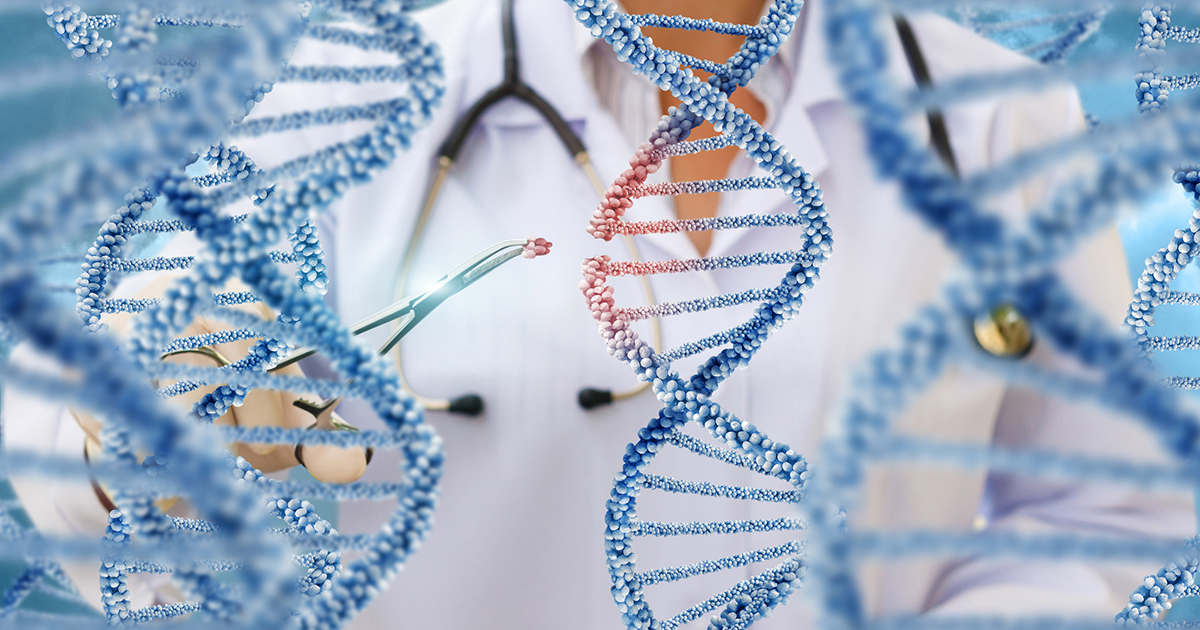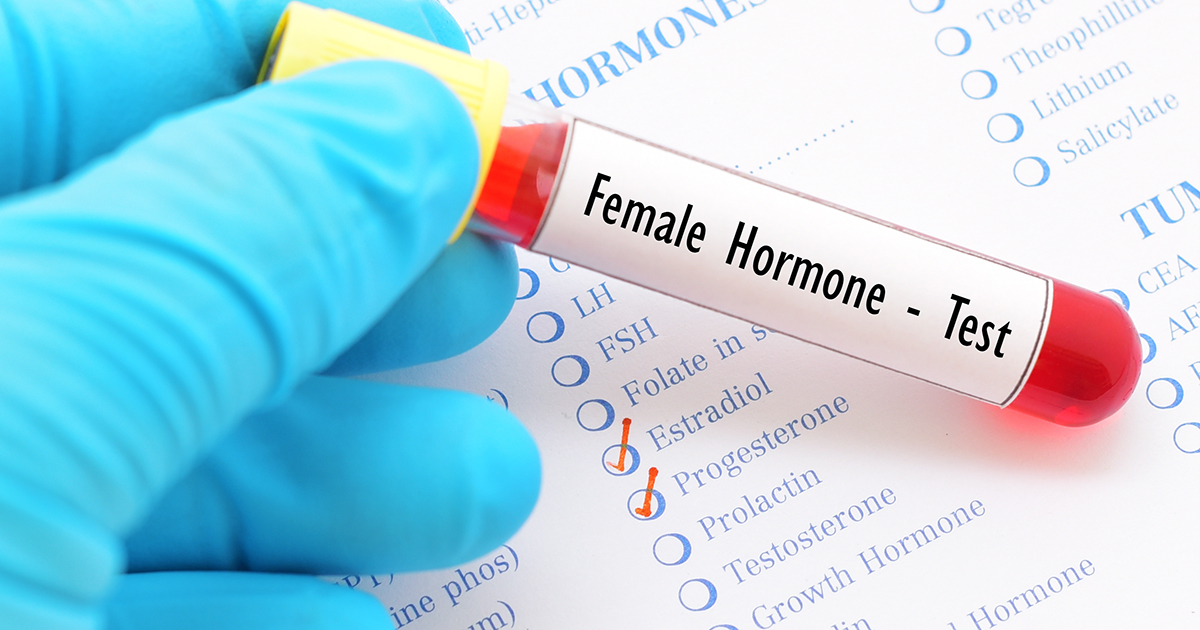Key Facts To Understand And Cope With A Miscarriage
Cause: Chromosome Development

It is difficult to pinpoint why miscarriages occur. However, the majority of miscarriages tend to be due to problems with chromosome development. Chromosomes are structures in the body that contain the DNA of the baby, including the genes that determine hair color, eye color, and health conditions. When there are too many or too few chromosomes, the baby may not develop normally. This is a chance outcome and is not based on something either partner has done. Most chromosomal abnormalities are caused by a damaged egg or sperm cell. There may also have been a problem with the zygote (the fertilized egg) as it proceeded through the cell division process.
Cause: Health Issues

Although less common than chromosomal abnormalities, health problems are another possible cause of miscarriage. Some common issues for women are hormone problems, such as polycystic ovarian syndrome (PCOS) or luteal-phase defects. Women with PCOS experience a higher risk of first-trimester miscarriage than women without PCOS do. Those who produce suboptimal levels of progesterone are also at an increased risk of miscarriage. In addition, untreated thyroid disease can make it challenging to conceive and maintain a pregnancy. Fortunately, doctors can diagnose thyroid dysfunction with blood tests and treat it accordingly. Uncontrolled diabetes can also lead to an increased risk of miscarriage. However, if doctors identify glucose intolerance before pregnancy, they can help couples take steps to mitigate the risk. In addition, women diagnosed with lupus are at a higher risk of miscarriage, although the condition is highly manageable.
